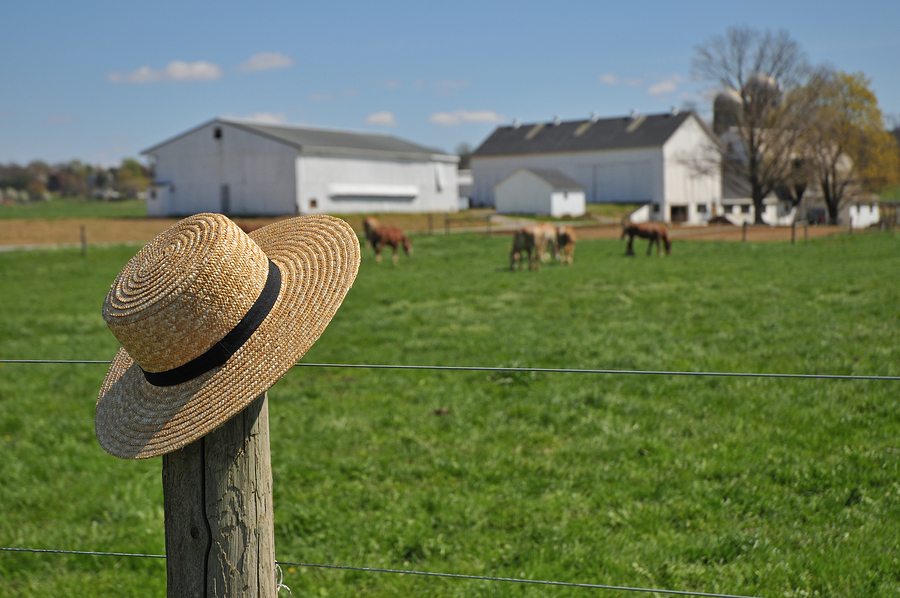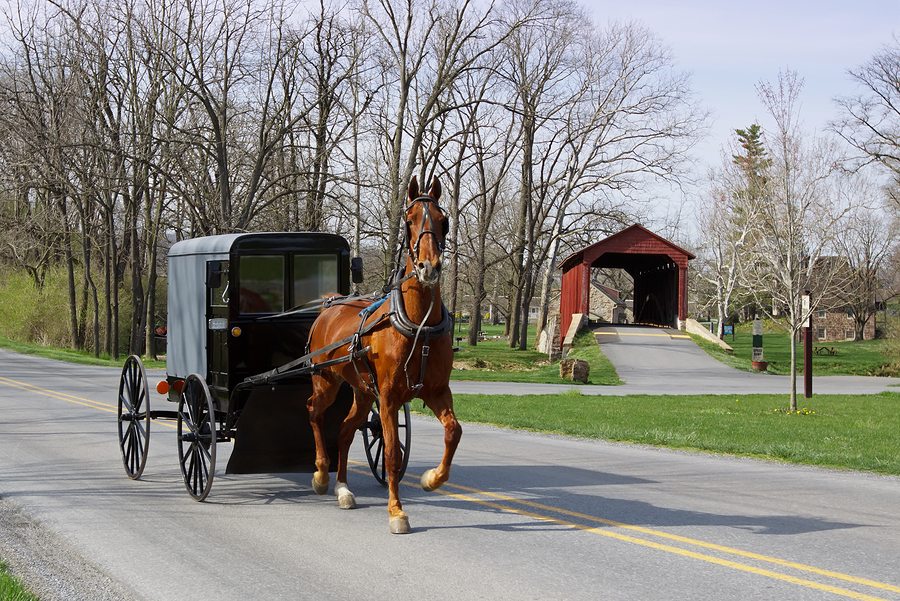Lancaster County Nursing Home Abuse Attorney
Nursing home abuse and neglect are widespread in elder care facilities across Lancaster County, and throughout Pennsylvania. Vulnerable senior citizens deserve to receive quality care and medical treatment, but oftentimes nursing homes carelessly or even deliberately fail to meet state and federal guidelines. If your parent, spouse, or elderly relative has been hurt by elder abuse or nursing home neglect, or if a senior loved one passed away due to mistreatment or incompetence, your family deserves to pursue justice, accountability, and financial compensation for your losses.
Lancaster County nursing home abuse lawyer Brent Wieand represents senior citizens and their families in personal injury and wrongful death claims, and handles matters including but not limited to bed sores, falls, malnutrition, dehydration, and financial exploitation. The Nursing Home Injury Center serves communities throughout Lancaster County, including but not limited to Columbia, Elizabethtown, Mount Joy, New Holland, Strasburg, and Warwick.
Our legal consultations are always confidential, and your first consultation is completely free of charge, so call today at (215) 666-7777 to start exploring your family’s legal options.

Time Limits on Filing Death and Injury Lawsuits in Lancaster County, PA
If you are considering filing a claim against an elder care facility, it’s extremely important to take action quickly, because you only have a limited amount of time. This time limit, known as the statute of limitations, is rigidly capped at two years for both personal injury and wrongful death claims. For injury claims, the countdown begins from the date the injury was sustained. For wrongful death claims, the countdown begins from the date of the decedent’s passing.
While two years may sound like more than enough time right now, it is critical that you begin consulting with an attorney as soon as you can. The sooner you begin exploring the matter with the help of an attorney, the more time will be left to conduct a thorough and comprehensive investigation into your issue.
How to Recognize Nursing Home Neglect and Elder Abuse
The National Center on Elder Abuse states that nursing home neglect is widely under-reported, and therefore, precise statistics remain largely unknown. However, certain risk factors have been identified. For example:
- Female seniors are more likely to be abused than male seniors.
- Disabled seniors are at an increased risk.
- Financial abuse was more likely to be reported than emotional, sexual, or physical abuse.
- Elder abuse is on the rise.
Generally speaking, mistreatment in elder care facilities can be divided into two broad categories:
- Abuse refers to the cruel and intentional infliction of pain and suffering. For example, hitting, psychologically tormenting, or deliberately starving a resident would constitute abuse.
- Neglect refers to a failure to live up to the normal duty of care homes owe their residents, which is referred to legally as negligence. For example, a facility staff member not paying attention to a resident who then wanders off the premises and becomes injured would constitute neglect. Negligence involves an element of carelessness, recklessness, or incompetence.

Some of the common warning signs and manifestations of neglect and abuse include:
- Amputation — Limb amputation may become necessary if a home allows diabetes or other treatable diseases to advance.
- Falls — Falls are ranked as the number one leading cause of both fatal and nonfatal injuries among citizens aged 65 or older. While falls are not always preventable, homes must take all reasonable measures to try and minimize the risks.
- Dehydration — Dehydration can affect anyone, but seniors are at an elevated risk. Dehydration can cause severe fever, confusion, fatigue, weight loss, chest pains, and death.
- Over-Medication and Dosage Errors — Many seniors rely on at least one medication to maintain and protect their health. If a care facility makes a dosage error, or mixes multiple prescriptions which have dangerous drug interactions, the effects can be deadly.
- Infections — Even a tiny cut can be fatal if it becomes infected. Infections come in different varieties, and may be viral, bacterial, or caused by fungi. Infections can begin at virtually any point in the body, and can cause pain, sickness, fever, weakness, and death.
- Malnutrition — Many residents of elder care facilities need assistance eating, and must be monitored in order to ensure they are receiving good, balanced daily nutrition. The effects of malnutrition can include weakness, fatigue, tooth decay, and muscle weakness. Because malnutrition weakens the immune system, which is already compromised in many elderly people, malnourishment can make victims more susceptible to injury, infection, or death.
- Pressure Ulcers (Bed Sores) — Most frequently seen on bony areas of the body, bed sores or pressure ulcers can develop when facility staff members fail to take basic, routine preventative measures, such as repositioning bed-bound residents and changing their sheets.
- Wandering (Elopement) — If a resident is not properly supervised, he or she may be able to wander away from the premises, known as elopement. Because elopement typically affects residents with reduced cognitive function, who may not be able to form memories or think logically, victims are at an extremely high risk of being robbed, injured, or struck by a vehicle.
If any of these issues have affected your loved ones, call nursing home abuse attorney Brent Wieand at (215) 666-7777 today to set up a free and confidential case evaluation.
Disclosure: Attorney Brent Wieand’s office is located in Philadelphia, PA. We happily serve clients throughout all of Pennsylvania and New Jersey.


